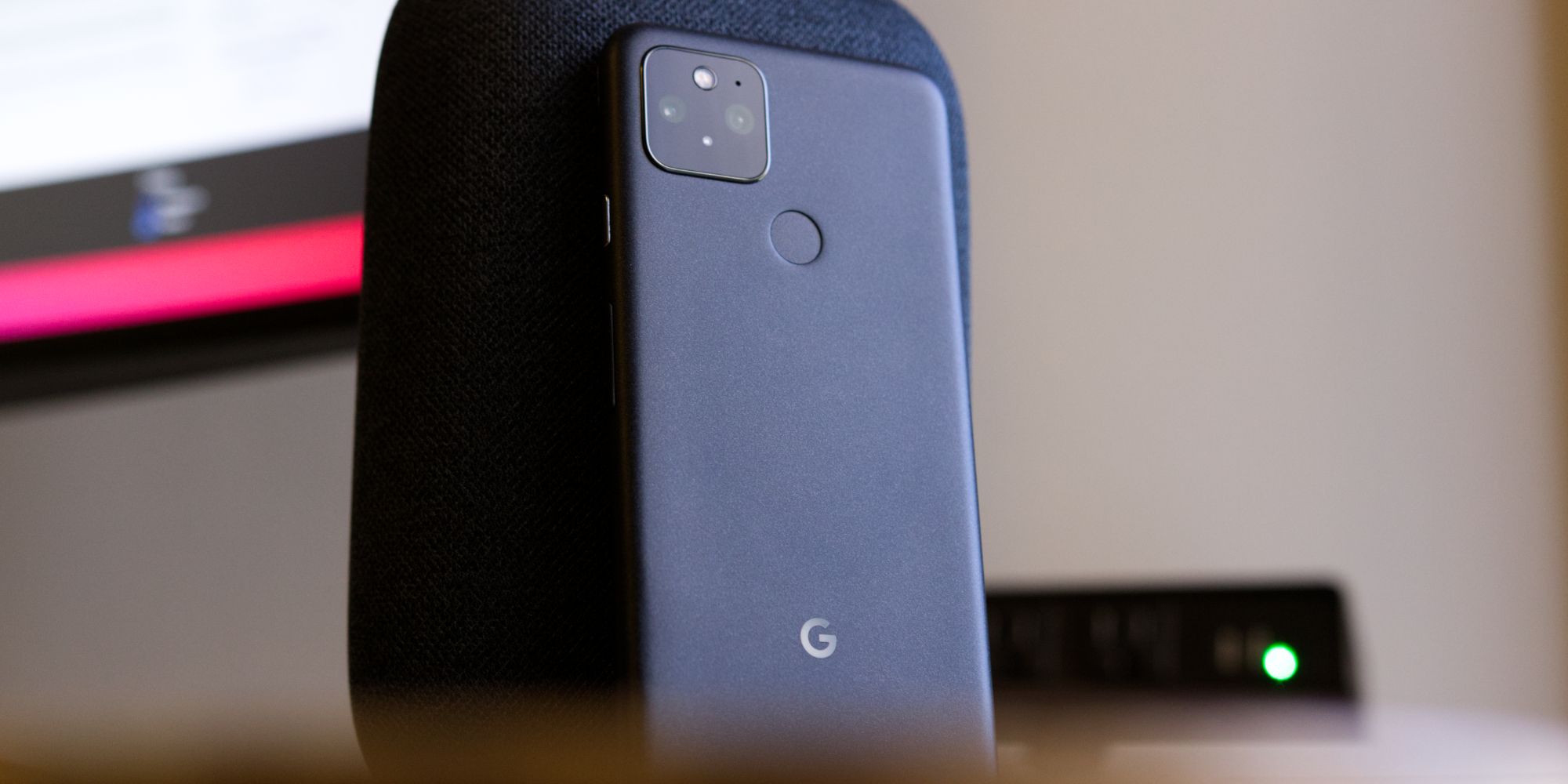Google is expected to launch the Pixel 6 this fall, and when the Android phone is announced, it may be powered by the first chipset made by Google itself. The Pixel family has had its fair share of ups and downs over the years, with its highs being exceptional and the lows being pretty catastrophic. The Pixel 4 was a top-notch Android phone by all accounts, but thanks to devastatingly poor battery life, it ended up being nearly impossible to recommend. By comparison, the Pixel 5 managed to fix the battery issues and was one of 2020's best smartphones.
Where Pixel devices really stand out is with the unique touches that only Google could create. A prime example is seen with camera performance. The 12.2MP primary camera that's been used in the past few Pixels isn't anything special from a hardware perspective, but thanks to Google's wizardly image processing, it manages to capture stunning pictures. With the Pixel 6, Google is now expected to bring its magic to an even more critical component — the processor.
As reported by 9to5Google, the Pixel 6 (and other Pixel phones releasing this fall) will be powered by Google-made silicon rather than something from Qualcomm. The chip is currently referred to as the GS101 Whitechapel and is being created in partnership with Samsung Semiconductor — the branch of Samsung that creates the company's Exynos chips. Specifications for Whitechapel aren't mentioned in the report, but 9to5Google seems pretty confident that 2021 will be the year Google throws its hat in the silicon ring.
Why Google Making Its Own Silicon Matters So Much
Just about every Android phone that's released in the United States features a Qualcomm processor. MediaTek and Exynos chips have a bigger presence in other parts of the world, but for the U.S., it's basically Qualcomm or nothing. That's why Google stepping away from Qualcomm and charting its own path is so exciting — even if it's working with Samsung for the manufacturing process.
A move like this also puts Google one step closer to having full control over all aspects of the Pixel. Just like Apple creates its own custom silicon for the iPhone, Google having a custom chip made exclusively for Pixels will allow it to have better control over its performance, power efficiency, AI features, etc. Considering that Pixels have previously had a difficult time standing out against the other Android competition, this could be exactly what Google needs to make people take Pixel seriously.
That said, there's still a lot that remains unknown about how Whitechapel will work. Google could design it to be a performance monster, or the company may favor a more timid approach in an effort to keep the Pixel 6 as affordable as possible. There's also the uncertainty around this being a first-generation chip from Google, because as with all first-gen things in the tech world, some bugs/quirks are bound to be present. Even with that in mind, though, this is a substantial change for both Google and the smartphone industry as a whole. The Pixel 6 now has a big reason for people to get excited about it, and if other companies see Google going its own way without Qualcomm, that could prompt others to follow suit. Whatever happens, this fall is going to be a fascinating one to watch.
Source: 9to5Google


